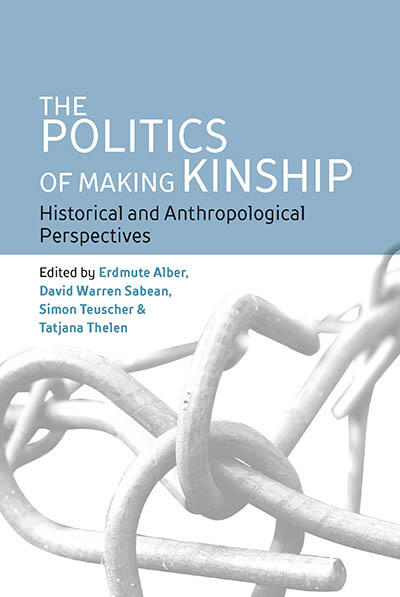Pauline Jones | REDS Seminar: The Future of the CSTO: Russia's War against Ukraine, Domestic Public Opinion, and Alliance Stability

What are the longer-term implications of Russia’s renewed aggression in Ukraine for relations with its Eurasian neighbors it has often referred to as the “near abroad?”
A recent and growing literature suggests that domestic public opinion will play a decisive role in their future foreign policy choices. Based on an original mass survey with an embedded experiment, this talk examines the changes in Kazakhstani public opinion toward maintaining economic and security relations with Russia through international alliances such as the Collective Treaty Security Organization (CSTO). These changes should be viewed in light of both Russia’s war against Ukraine in February 2022 and the Russian-led CSTO’s intervention in the mass protests in Kazakhstan in January 2022. It argues that Kazakhstani public opinion has changed in significant ways — especially across ethnic lines — and that these changes are likely to impact Kazakhstan-Russian relations in general and the future of the CSTO in particular.
ABOUT THE SPEAKER
Pauline Jones is Professor of Political Science at the University of Michigan (UM) and the Edie N. Goldenberg Endowed Director for the Michigan in Washington Program. She is also Founder and Director of the Digital Islamic Studies Curriculum (DISC). Previously, she served as the Director of UM’s Islamic Studies Program (2011-14) and International Institute (2014-20). Her past work has contributed broadly to the study of institutional origin, change, and impact in Central Asia. She is currently engaged in multiple research projects: exploring how state regulation of Islam in Muslim-majority states affects citizens’ political attitudes and behavior; identifying the factors that affect compliance with health mitigation policies to combat the COVID-19 pandemic; examining the influence that evoking historical memory has on public support for foreign assistance; and developing a toolkit to assess the impact of mass protest and state narratives on domestic and foreign policy change in authoritarian regimes. She has published articles in several leading academic and policy journals, including the American Political Science Review, Annual Review of Political Science, Comparative Political Studies, Current History, and Foreign Affairs. She is author (or co-author) of five books, most recently The Oxford Handbook on Politics in Muslim Societies (Oxford 2021).
REDS: RETHINKING EUROPEAN DEVELOPMENT AND SECURITY
The REDS Seminar Series aims to deepen the research agenda on the new challenges facing Europe, especially on its eastern flank, and to build intellectual and institutional bridges across Stanford University, fostering interdisciplinary approaches to current global challenges.
REDS is organized by The Europe Center and the Center on Democracy, Development and the Rule of Law, and co-sponsored by the Hoover Institution and the Center for Russian, East European and Eurasian Studies.
Learn more about REDS and view past seminars here.

Virtual: Zoom (no registration required)

 FSI researchers work to understand continuity and change in societies as they confront their problems and opportunities. This includes the implications of
FSI researchers work to understand continuity and change in societies as they confront their problems and opportunities. This includes the implications of 


